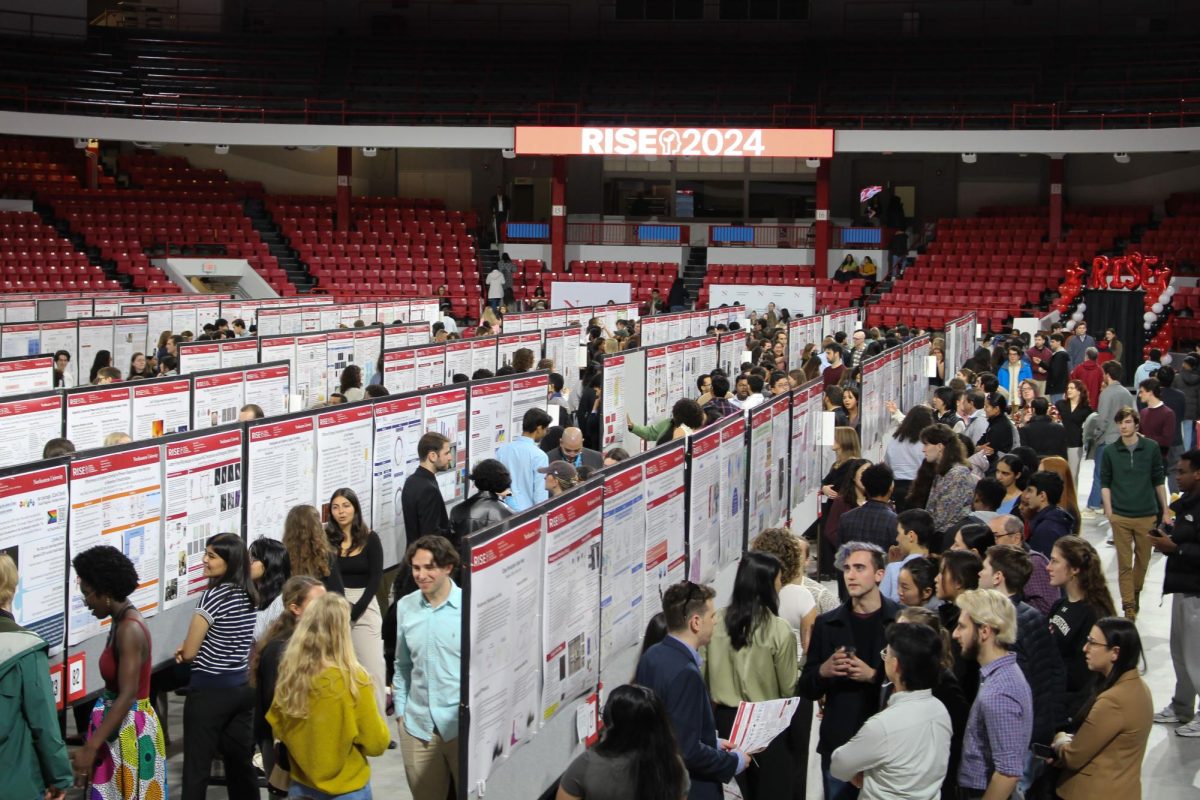Regarding the article about sleep disorders (“Sleep-starved students don’t even bother with sheep,” Feb. 15), I have a lot to say on the subject.
I am on my first co-op, at www.AllergyBuyersClub.com, a company that sells products meant to alleviate some of the problems allergies cause. The company also has a library of information on allergies. Right now, I am gathering information about sleep disorders, and even though many students at Northeastern seem to think insomnia is totally normal and acceptable if that is what they experience, I am here to say that they should take a closer look.
Chronic sleep disorders affect an estimated 40 million Americans, and about 20 to 30 million Americans suffer from a sleep disorder on an irregular basis. These numbers are startling, but should make people aware of just how common sleep disorders can be.
More than 70 sleep disorders exist, ranging from night eating syndrome to insomnia to fibromyalgia.
Young adults, including college students, need more sleep than the average person, but there is no set average. Anywhere from seven to nine hours of sleep is the estimated must for time slept, but quality of sleep is also a major issue.
I cannot describe all the sleeping disorders that exist and how they affect the body, so I’ll stick with insomnia.
Insomnia makes people drowsy during the day, causing them to feel irritable and fatigued, but that is just the beginning.
Insomnia can lead to depression, relationship problems and, of course, poor performance at work. Recent articles about “drowsy driving” show that this type of activity is just as dangerous as drunk driving.
Many insomniacs also think they are just different and can function normally, but sooner or later the disturbed natural sleep cycle will take its toll. The circadian rhythm, or biological clock, in every human is programmed to stay alert during the day and to rest at night.
According to an article by Denise Mann, a writer for WebMD, “The National Highway Traffic Safety Administration estimates that at least 100,000 crashes, 71,000 injuries and 1,500 deaths each year in this country are the result of a driver falling asleep at the wheel.” That is a great deal of consequences in my book.
I enjoy the nightlife as much as the next person, but take into consideration that serious health problems and other sleep disorders can arise from insomnia.
A healthy sleep routine should be established, including waking up at the same time and going to sleep at the same time everyday and avoiding caffeine, exercise, alcoholic beverages and cigarettes before sleeping. Also, make sure to keep the bed a restful area – don’t pay bills, cram for an 8 a.m. midterm or eat dinner in bed. A bed should be used only for sleeping (having sex is the only exception), according to many sleep information resources.
I am not criticizing anyone’s lifestyle. I am just alarmed and worried at the number of people at Northeastern, in America and around the world suffering from sleep disorders. If your insomnia is having any kind of effect on your daytime energy, your mood or any other aspect of your life, talk to your physician about it and get on the track to healthier sleep habits.
Your quality of life and health are at stake.
– Dinah Alobeid is a sophomore journalism major and a member of The News staff.











